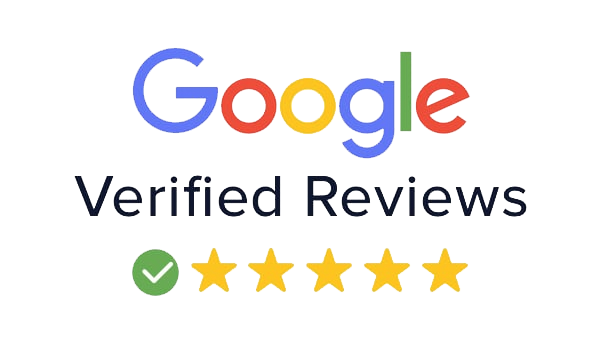What Should I Know About Reverse Mortgages?
Many people age 62 and older may consider talking to lenders about reverse mortgages.
The Dallas Morning News’ recent article, “The pros and cons of reverse mortgages,” explains that to get an FHA reverse mortgage—the most common type and what the government calls a Home Equity Conversion Mortgage (HECM)—at least one owner-occupant must be age 62 or older. The property must have enough equity to support the loan amount being sought.
With a reverse mortgage, the required monthly cash payments, that is the payments for principal and interest, are zero. These payments are deferred. If you have $150,000 on an existing mortgage with $700 monthly payments for principal and interest, the cash cost will be zero, if you refinance with a reverse mortgage.
But understand that you’re not getting “free” money as a reverse mortgage borrower. The interest you defer and don’t pay each month is being added to the debt. Therefore, if you begin the process with a $150,000 balance, you’ll owe more each month. Said another way, a reverse mortgage is a “negatively-amortizing” loan. The size of the debt increases over time.
The debt is paid off, when you leave the property, pass away, or sell. Because an FHA reverse mortgage is an example of “non-recourse” financing, you and your estate can never owe more than the value of the home. Your other assets cannot be touched.
Reverse mortgages, however, can be foreclosed. This can be done if a borrower fails to pay property taxes and retain an appropriate insurance coverage. If the property is a condo, you must pay condo association fees. Failing to make the required payments means the borrower is violating the mortgage contract.
A study by the California Reinvestment Coalition and Jacksonville Area Legal Aid found that there were more than 3,600 reverse mortgage foreclosures each month from April 2016 to December 2016.
However, HUD has developed some new safeguards to protect reverse mortgage borrowers from foreclosure. For more information on reverse mortgage financing, speak with an attorney who has experience in elder law.
Reference: The Dallas Morning News (October 26, 2019) “The pros and cons of reverse mortgages”


